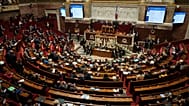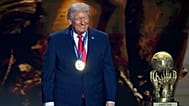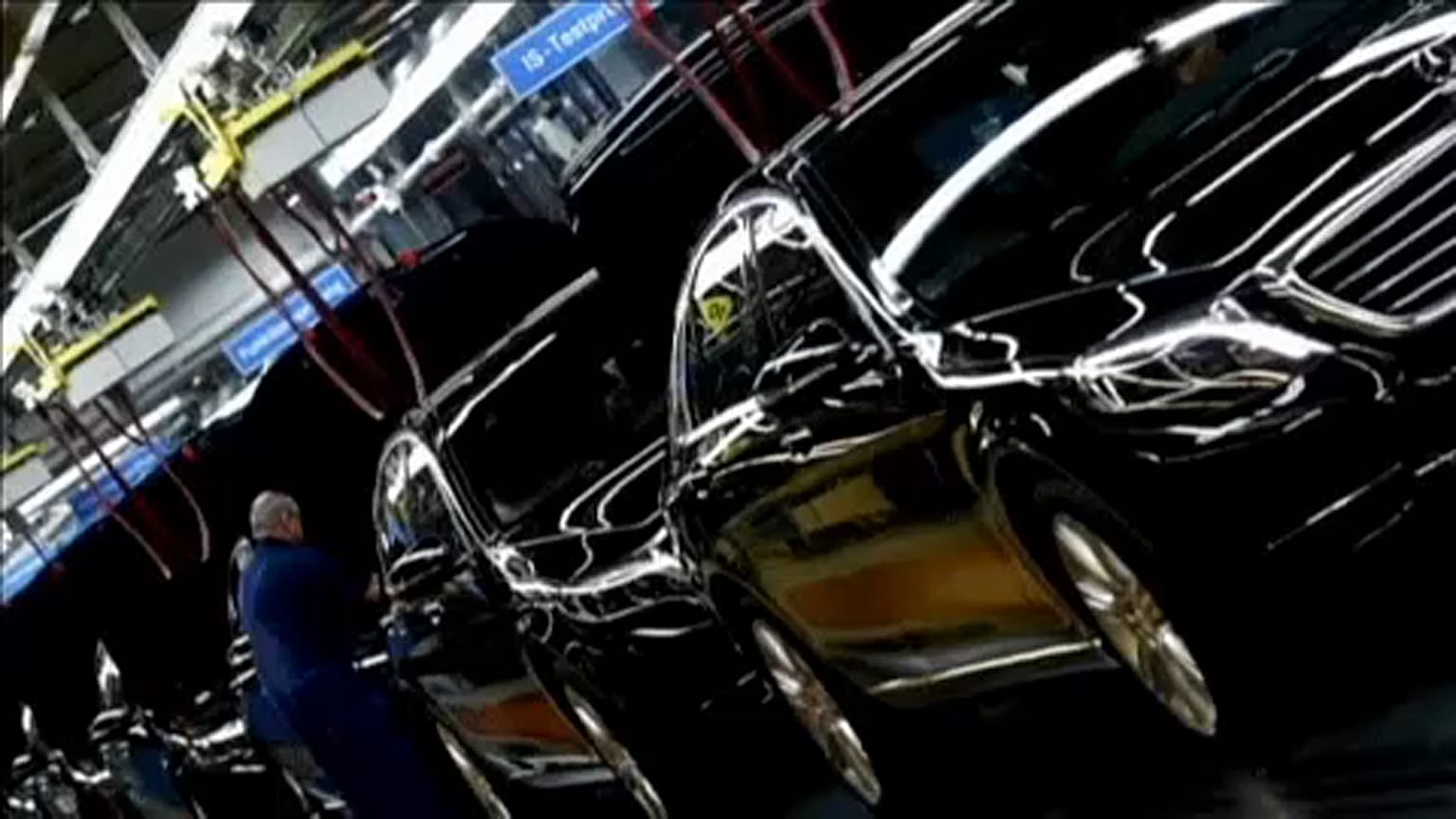Following an agreement between European Commission President Jean-Claude Juncker and US President Donald Trump in summer 2018, Europeans are concerned about the imposition of tariffs on cars.
After a contentious weekend in transatlantic relations, European cars moved once again to the centre of attention.
Germany rejected the view floated inside the US government that European car imports were a threat to national security - meaning that security could not be a justification for imposing additional tariffs on cars.
In Brussels, European Commission spokesman Margaritis Schinas said that any move by the U.S. government with respect to car imports "detrimental to European interests" would trigger a swift and appropriate response.
"President Juncker trusts President Trump's word," Schinas said. "The European Union will stick to its word, as long as the US does the same."
However, Commission President Jean-Claude Juncker trusted that US President Donald Trump and Washington would stick to an agreement concluded in the summer of 2018. The agreement promised that a further deterioration of trade relations over cars would not occur.
On Sunday, the US Department of Commerce sent a report to the White House that could lead to steep new tariffs on car imports and further strain transatlantic ties.
Top Democrats in Congress travelling in Europe tried to quell European fears that under Trump, Europe no longer country doesn't in America.
"There are many voices in America, including in Congress," US Senator Bob Menendez said. "The president has term limits, Congress has not. And so there will be a continuing relationship that is rooted in a strong bipartisan belief in the transatlantic alliance, in the European Union in NATO."
In addition to trade frictions, over the weekend the Munich Security Conference revealed deepening divisions between the US and Europe. These divisions are intensifying over issues ranging from Iran and Venezuela to nuclear arms to climate change.















